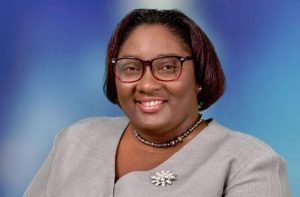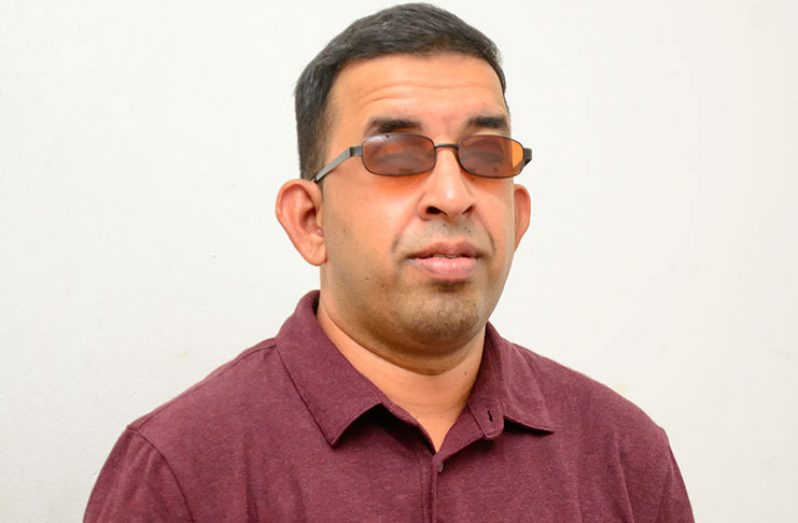… GECOM, groups still working to hammer out solutions for ease of voting
THE Guyana Election Commission (GECOM) and the Guyana Council of Organisations for Persons with Disabilities (GCOPWD) are currently in discussion to find a way for persons with disabilities to vote for themselves with ease come March 2.
Over the years, there have been many factors hindering persons with disabilities from exercising their right to vote in Guyana’s political electoral system. According to Commissioner on the Guyana Council of Organisations for Persons with Disabilities, Ganesh Singh, the barriers include inaccessible polling stations; inability to vote privately and independently; inaccessible voter education and linked materials, and the absence of appropriate assistance from poll workers, among others.

“Visually-impaired persons can vote but would need to be accompanied…We don’t have a problem with that but it takes away the independence and at the same time, we might tell them to put it to party A and they might put it to party B, because they want to vote for party B,” Singh explained.
He added, “we are trying to move away from having to depend on people to vote.”
In attempt to break these barriers, the Guyana Council of Organisations for Persons with Disabilities has made several recommendations to GECOM.
These recommendations include that polling stations should be ground level and buildings must be equipped with permanent or portable ramps; curbside voting should be facilitated in instances where the polling station is unavoidably inaccessible to someone with a physical disability, and a system that will allow the use of ballot paper guide templates or tactile ballot papers should be implemented which will allow for blind and visually impaired persons to cast their votes independently.
Additionally, the recommendations embrace that GECOM should ensure that all public electoral sensitization materials and productions are accessible to persons with disabilities with the use of sign language insets in video productions, and audio instructions for persons who are blind, among others.
Furthermore, poll workers should be educated on how they should interact with persons with disabilities on elections day.
Meanwhile, Public Relations Officer (PRO) of the Guyana Elections Commission, Yolanda Ward, told Guyana Chronicle that GECOM would need to update its legislation in order to accommodate some of the recommendations made by the Guyana Council of Organisations for Persons with Disabilities.
She also noted that another limitation is the absence of demographic information on persons living with disabilities in Guyana, who are eligible electors. “We don’t have that kind of information. If we have that kind of information, maybe it would be a consideration of the Commission [GECOM] to be able to put some other kind of system in place,” Ward noted. Nevertheless, the PRO pointed out that she has not received any definitive position from GECOM on the recommendations. However, when decisions are made, they will be communicated to the public.
She added that in the past, GECOM had made public electoral sensitization materials and productions accessible to persons with disabilities with the use of sign language insets in video productions, and audio instructions for persons who are blind. The PRO also explained that the cardboard template method was also introduced in the past; however, it was not effective due to the late introduction, which resulted in workers not being adequately trained to use the template.




.jpg)










